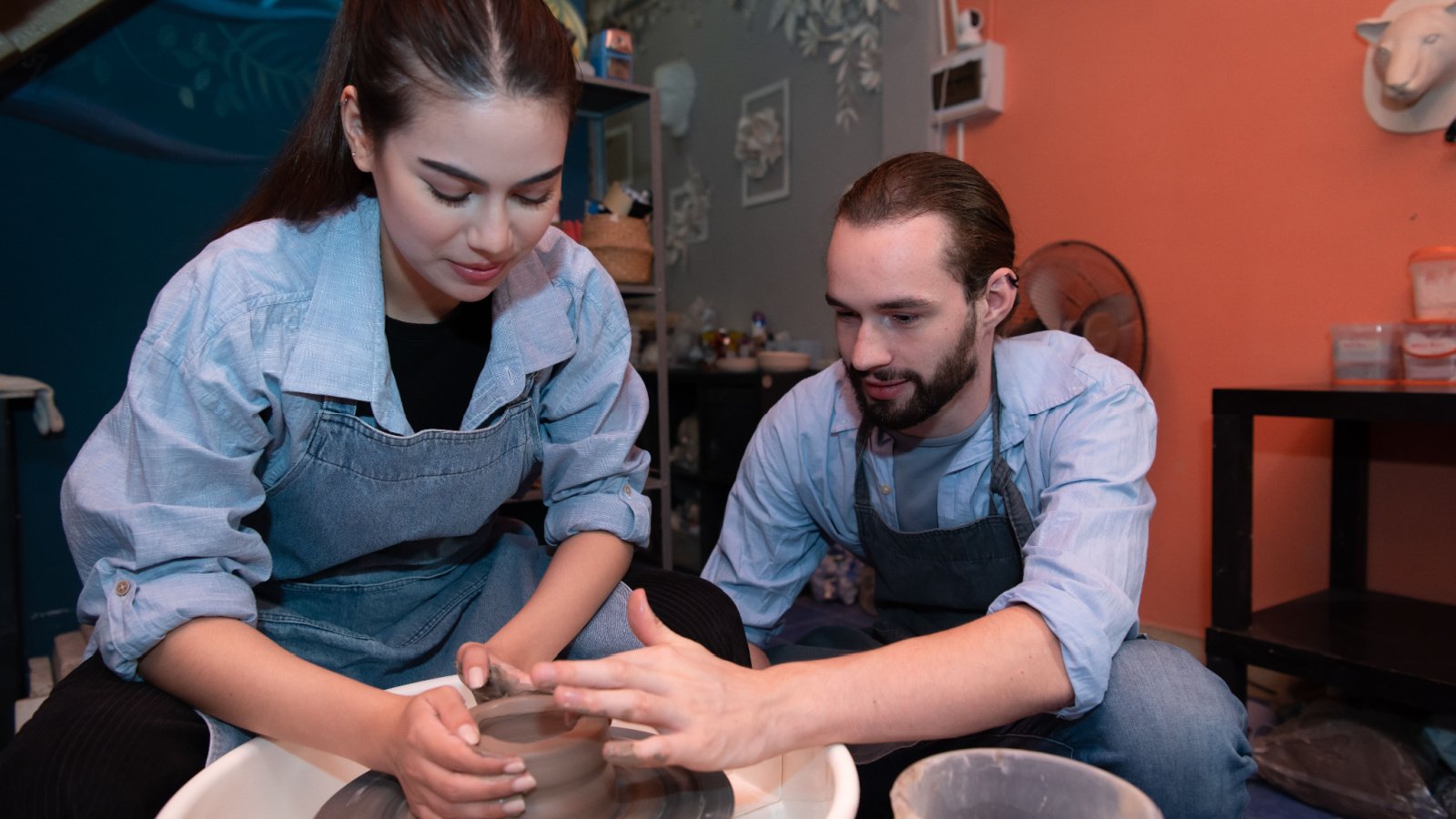Long-term, healthy relationships don’t happen by accident. They require consistent effort, mutual respect, and a series of conscious decisions by both parties. Let’s explore what emotionally intelligent people deliberately avoid in relationships to ensure they stay healthy and respectful.
Hold Grudges

Healthy couples understand that holding grudges can poison a relationship. They choose to forgive and move on, recognizing that everyone makes mistakes. This ability to let go preserves peace and deepens trust.
Ignore Their Partner’s Needs

Attentive and caring, emotionally intelligent people make an effort to understand and meet their partner’s needs. They know that a relationship thrives when both partners feel valued and heard. Ignoring a partner’s needs can create feelings of neglect and resentment.
Stop Communicating

Healthy couples do not shut down or withdraw; instead, they keep the lines of communication open, even during conflicts. This ensures that misunderstandings are minimized and both partners feel supported.
Compare Their Relationship

Emotionally intelligent individuals appreciate the uniqueness of their own relationship and avoid comparing it to others’. They understand that each partnership has its own strengths and challenges. Comparisons can lead to dissatisfaction and unrealistic expectations.
Forget Important Dates

Whether it’s an anniversary, birthday, or a significant career event, considerate partners make it a point to remember and celebrate important dates in their significant other’s life. This shows thoughtfulness and appreciation, qualities that strengthen a relationship. Forgetting these occasions can make a partner feel undervalued.
Neglect Self-Care

People in healthy relationships understand the importance of self-care and personal growth. They maintain their individuality and well-being, which in turn enriches their relationship. Neglecting self-care can lead to burnout and resentment.
Make Decisions Unilaterally

Healthy couples make decisions together, recognizing that partnership involves shared inputs and mutual respect. Making major decisions alone can undermine trust and show a lack of respect for the other person’s role in the relationship.
Take Their Partner for Granted

Consistently expressing gratitude is common among respectful, confidant people. They acknowledge their partner’s efforts and express thanks regularly, knowing that appreciation fosters a positive relationship environment.
Avoid Difficult Conversations

Rather than avoiding uncomfortable topics, healthy couples approach them with honesty and respect. They understand that addressing issues directly is crucial for maintaining a healthy relationship.
Focus Solely on Flaws

Emotionally intelligent people focus on their partner’s strengths rather than dwelling on their flaws. This positive focus helps cultivate a supportive and loving atmosphere. Constant criticism can erode self-esteem and damage the relationship.
Let Jealousy Take Over

Understanding and trust mitigate feelings of jealousy. Confident people communicate their insecurities without letting jealousy dictate their actions. This prevents the toxic cycles of suspicion and control that can destroy relationships.
Play the Blame Game

In disputes, healthy couples look for solutions rather than assigning blame. They recognize that progress comes from understanding each other’s perspectives and finding common ground. Blaming leads to defensiveness and stagnation.
Stop Making an Effort

Even long-term relationships need nurturing. Emotionally intelligent people continue to court their partner, keeping the romantic spark alive through thoughtful gestures and quality time together. Complacency can lead relationships to stagnate.
Dismiss Their Partner’s Interests

They take an interest in their partner’s hobbies and passions, understanding that this support can deepen bonds. Dismissing these interests can make a partner feel unloved and isolated. This shared curiosity builds a richer, more connected relationship.
Refuse to Compromise

Compromise is a cornerstone of any healthy relationship. Resilient couples are willing to find a middle ground that respects both partners’ wishes. Stubbornness can lead to gridlock and resentment.
Use Silence as a Weapon

Silent treatment is not a tool in the arsenal of an emotionally healthy person. They know that silent treatment can hurt deeply, creating emotional distance. Instead, they opt for constructive dialogue to resolve issues.
Let Pride Overrule Apologies

Apologies can heal and mend misunderstandings. Confident people do not let pride prevent them from saying sorry when they’re wrong. A timely apology can prevent a minor disagreement from turning into a major rift.
Fail to Set Boundaries

Setting healthy boundaries is key to personal well-being and relationship health. Self-assured individuals communicate their limits clearly and respectfully. Without boundaries, relationships can become overwhelming and uncomfortable.
Ignore Red Flags

Attentive to their relationship’s health, emotionally intelligent people do not ignore concerns or red flags. They address these issues promptly to prevent future complications. Ignoring problems doesn’t make them disappear; it often makes them worse.
Overlook Their Partner’s Efforts

Recognizing and valuing each other’s contributions keeps relationships strong and enduring. Self-assured, content people notice and appreciate the small things their partner does every day. Overlooking these efforts can lead to feelings of being unappreciated.
Manipulate Emotionally

Healthy couples engage in open and honest communication, avoiding manipulation. They understand that emotional manipulation creates distrust and hurt. Healthy relationships are built on sincerity and mutual respect.
Spend All Their Time Together

While quality time together is essential, emotionally stable people also value individual time. They recognize that personal space allows for growth and rejuvenation. Clinging too tightly can stifle both individuals and the relationship itself.
Resist Growth and Change

Embracing change is vital as people and relationships evolve. Healthy couples support each other through life’s changes, recognizing that flexibility helps the relationship thrive. Resisting change can cause frustration and stagnation.








